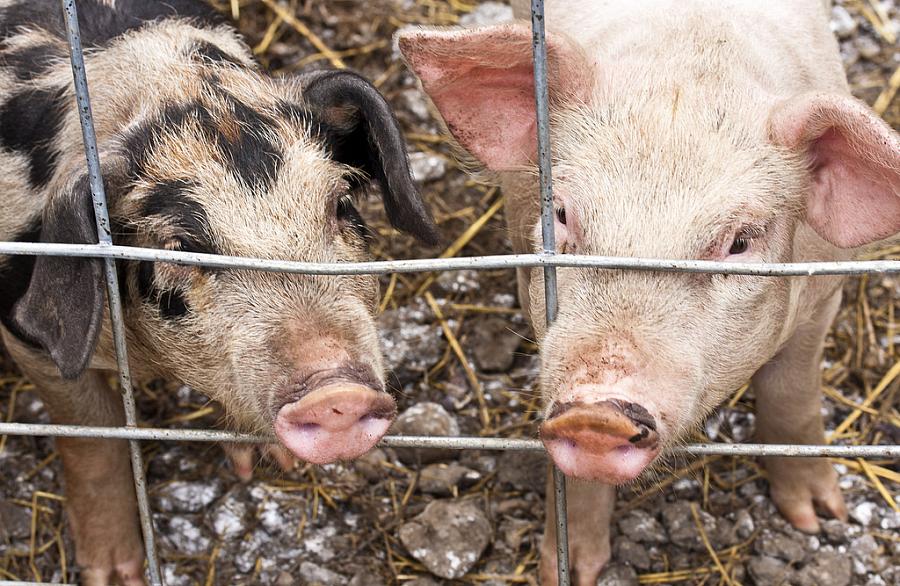Slap: Reporters stung for exposing superbug sources in Denmark

The journalists listed a dozen Danish pig farms as MRSA sources.
Two Danish journalists are facing criminal charges from the federal government in Denmark for their reporting on the MRSA bacteria.
Four years ago, in October 2010, Nils Mulvad and Kjeld Hansen wrote on the website Aabenhedstinget.dk about two children who had contracted MRSA in the city of Løgstør. Staffan Dahllof at Global Investigative Journalism Network wrote:
Mulvad and Hansen used the Løgstør case to show that the government had lost control of MRSA. They named 12 farms in Denmark as the sources from which the infection spread – information the authorities wanted to hide. The National Board of Health notified the police and now the two are charged for violating the Danish criminal law for publishing secret information on farmers’ health.
A Pulitzer-winning editor wrote about the charges against Mulvad and Hansen on his Facebook page: “Nils is one of my heroes. This is truly an outrage.”
We should all share in his alarm. If journalists aren’t allowed to report on the pathways of infectious diseases, they’re kept from fulfilling one of their most vital public service roles. Over the years, journalists have been essential in documenting the challenges – and successes – in identifying and treating a range of diseases, from HIV/AIDS to polio to SARS.
What makes this case particularly troubling is that the reporters have been fighting the government for years to gain access to more information about the pig farms (a suspected source of drug-resistant MRSA bacteria). There is an ombudsman system in Denmark that allows journalists to argue for records and the government to argue for secrecy. According to Staffan Dahllöf:
The Danish Ombudsman has admittedly tentatively rejected government arguments for keeping the information secret.
But, Dahllöf added, the two may still be sentenced for making the information public, depending on the ombudsman’s final ruling.
You may not know Mulvad or Hansen personally, but you should know that there’s a reason people consider Mulvad, in particular, a journalism icon. He has scores of hard-hitting stories to his credit. He works as an associate professor at The Danish School of Media and Journalism in Aarhus, and he also runs a data analysis consultancy, Kaas & Mulvad.
About the records in question, Mulvad told Dahllöf:
It’s business information that the employer is obliged to inform their employees about. It is quite elementary that the authorities should disclose environmental hazards that can spread to the surrounding areas. It follows from the EU directive on environmental information, which is of course also implemented in Danish law.
I’ll keep you posted on the case as it progresses.
Photo by liz west via Flickr.
Related posts
Herd Immunity: If MRSA Lives in Houses, Go Knock on Its Door

